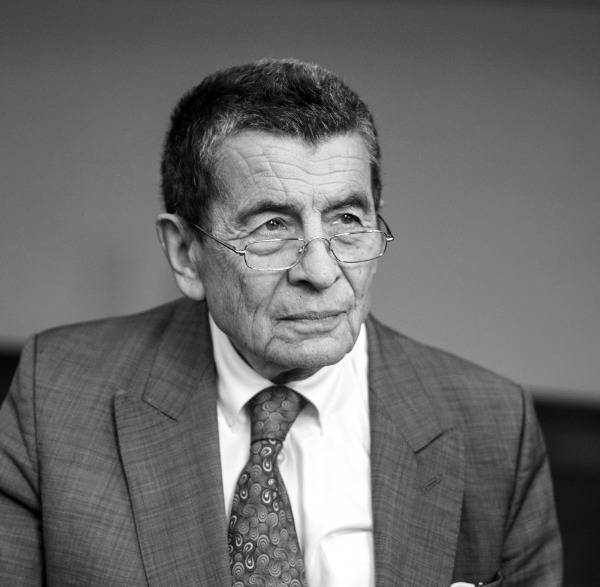"We are all minorites now." Jeremy Thorpe's remark in February 1974 is now more obviously true than it ever was. Believers in any particular religion are now, for practical purposes, all minorities. This puts Christians, Hindus and Muslims, for practical purposes, on an equality with non-believers. That means that, in practical terms, the law cannot, even if it wishes to do so, attempt to enforce the values of any one particular religion. It is the purpose of the law, not to enforce a particular moral code, but to keep the peace between a whole series of competing moral codes, religious and secular equally. We are all minorities now, and between competing minorities, the duty of the law must be to keep the peace. That recognition is necessary to bring the law into line with the non-discrimination requirements of the European Convention on Human Rights. I welcome that: I have every respect for the rights of other minorities. This means that the law must drop those provisions which entrench Christian values in a privileged position not accorded to other beliefs. To take one highly topical example, couples who choose to live together in regular partnership should be treated equally with those who choose to go through a ceremony of marriage. This would extend to other branches of the law principles which are already recognised in Social Security law. Marriage would be tax-neutral, and the campaign, sadly successful, to amend the Family Law and Domestic Violence Bill in 1996 to exclude cohabiting couples from its provisions on domestic violence was a piece of religious persecution.
Similarly, to penalise people with a different sexual orientation because some religious people believe what they do is wrong is a piece of religious persecution. We must recognise that almost all of us do things some other people passionately believe to be wrong. If we accept the principle of equality, that passionate belief can no longer be regarded as ground for prohibition.
This does not mean 'anything goes'. The condition of enjoying the rights of minorities is to extend them to other minorities, as the principle of equality before the law demands. Liberty to follow our own consciences extends only so far as we do not harm to others. It is because we wish to enjoy the protection of the peace ourselves that we must extend it to others. This is the common value which holds together competing minorities in a coherent society. Only those who do not want their own peace protected need be outside it. This is the equality for which Bradlaugh asked when he tried to take his seat in the Commons without taking a religious oath. With the aid of the European Convention on Human Rights, we may be on the edge of achieving it.

